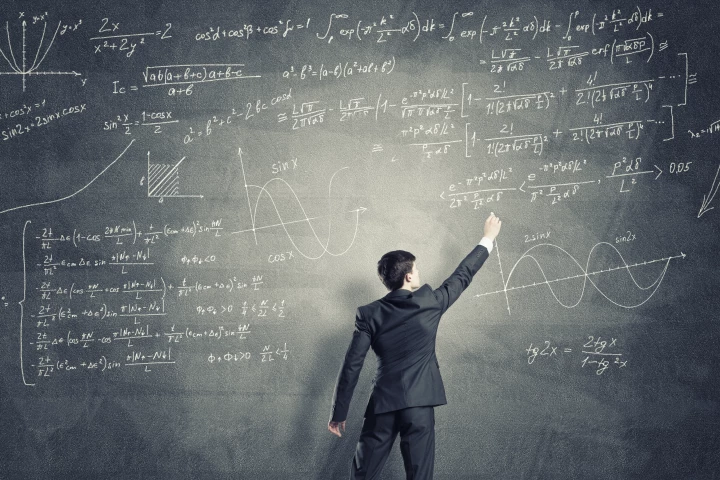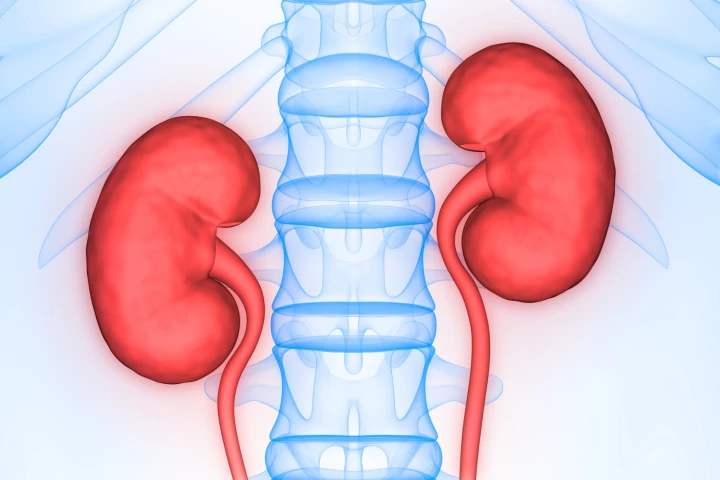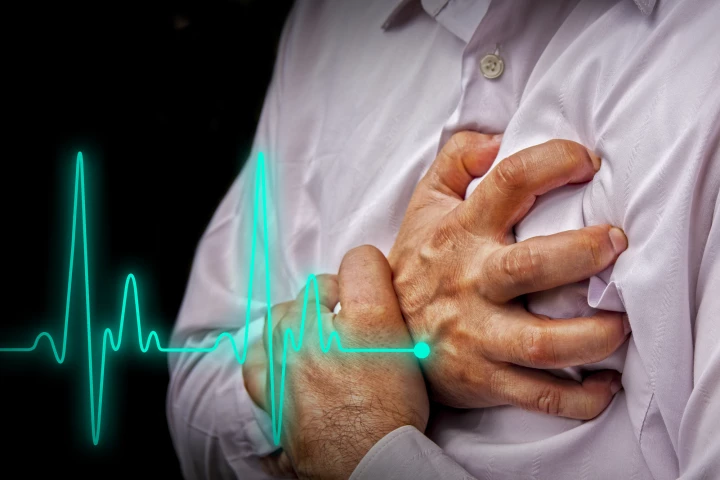Algorithms
-
New research details an intriguing new way to solve "unsolvable" algebra problems that go beyond the fourth degree – something that has generally been deemed impossible using traditional methods for two centuries, until now.
-
Last year a longstanding conspiracy was reignited, telling the tale of how your smartphone is listening to your conversations and delivering targeted ads, but it still isn't true and the way you actually get your ads is much more unsettling.
-
Months of trial and error, as well as adverse side effects, to find the right antidepressant may soon be a thing of the past for those with depression, with a novel artificial intelligence model able to determine a drug's efficacy within just one week.
-
A study has found that using a digital support algorithm to guide treatment by healthcare providers significantly reduced the number of antibiotic prescriptions given to acutely sick children, without affecting treatment success or causing harm.
-
Ireland’s new commission for media regulation, has invited public feedback on the country’s first Online Safety Code, which includes a recommendation that video-sharing platforms consider turning off recommender algorithms based on user profiling.
-
CRISPR systems are powerful tools for genetic engineering, but they have their limitations. Now, scientists have discovered almost 200 new CRISPR systems in bacteria, and found that some can edit human cells even more precisely than existing ones.
-
Gigantic waves can seemingly come out of nowhere, threatening ships and oil rigs. Now, an AI system trained on centuries of data has been able to predict when these rogue waves will occur, revealing new insights into how they form.
-
Australian researchers have developed an AI algorithm called SpermSearch that can accurately identify sperm in severely infertile men in a fraction of the time it takes scientists, providing hope to men who want to father biological children.
-
Even with convincing deep fakes causing record-label panic and a flurry of new AI tech garnering plenty of interest, we’re still at the very beginning of learning just how modern machine learning will change art and pop culture, for both good and bad.
-
Researchers have developed an algorithm that uses genetic markers to predict whether a type 2 diabetic will develop kidney disease years in advance, offering early treatment of this common and serious - but preventable - complication.
-
Heart attack symptoms are sometimes similar to other non-heart-related conditions. UK researchers have used machine learning to develop a fast, highly accurate tool for helping doctors diagnose the potentially fatal condition.
-
The chances are incredibly small that Earth is the only planet with life. A new AI system has scoured millions of radio signals from space to identify any with potential artificial origins – and discovered eight signals that look intriguingly alien.
Load More











